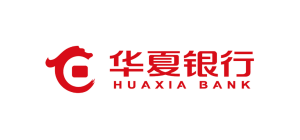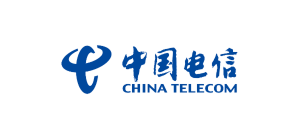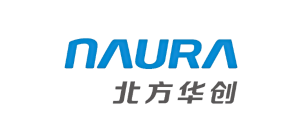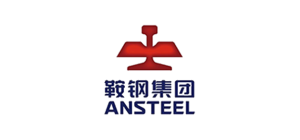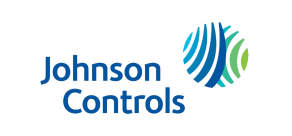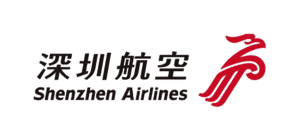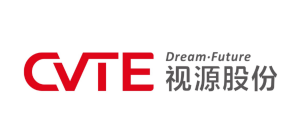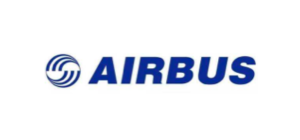Industry Encyclopedia>Application of intelligent document in the field of education
Application of intelligent document in the field of education
2024-04-02 09:36:28
The application of intelligent documents in the field of education is very extensive and of great significance.
It provides students, teachers, and educational administrators with new learning and teaching tools that help improve the quality of education and enable personalized learning.
First, for students, smart documents can provide personalized learning content based on their learning style, interests and abilities.
For example, by analyzing students' learning history and grades, intelligent documentation can recommend learning resources and exercises that are appropriate for them, helping them to master knowledge more efficiently.
In addition, intelligent documents can also provide interactive learning functions, such as online quizzes, real-time feedback, etc, to stimulate students' learning interest and motivation.
For teachers, smart documentation is a powerful teaching aid.
Teachers can use intelligent documents to quickly create and edit courseware, lesson plans and other teaching materials, greatly saving lesson preparation time.
At the same time, intelligent documents can also help teachers to automatically correct and grade students' homework and exam papers, reducing the work burden of teachers.
More importantly, through the data analysis function of intelligent documents, teachers can deeply understand the learning situation of students, such as which knowledge points students have mastered well and which parts have difficulties, so as to adjust teaching strategies accordingly and realize teaching in accordance with their aptitude.
In addition, intelligent documentation also plays an important role in educational management.
Schools can use intelligent documents for educational administration management, curriculum arrangement, student information management, etc, to realize the optimal allocation of educational resources.
At the same time, through the big data analysis capability of intelligent documents, education management departments can monitor and evaluate the overall quality of education, providing a scientific basis for the formulation of education policies.
In addition to the above applications, smart documents also support multi-person collaborative editing and version management functions, which makes it easier for teachers, students and parents to communicate and collaborate.
For example, teachers can share documents with students, so that students can study independently at home; Parents can check their children's learning progress and homework completion at any time, and better participate in their children's learning process.
In short, the application of intelligent documents in the field of education has penetrated into all aspects of teaching, bringing unprecedented convenience and efficiency to students, teachers and administrators.
With the continuous progress of technology and the update of educational concepts, the application prospect of intelligent documents in the field of education will be broader.
It provides students, teachers, and educational administrators with new learning and teaching tools that help improve the quality of education and enable personalized learning.
First, for students, smart documents can provide personalized learning content based on their learning style, interests and abilities.
For example, by analyzing students' learning history and grades, intelligent documentation can recommend learning resources and exercises that are appropriate for them, helping them to master knowledge more efficiently.
In addition, intelligent documents can also provide interactive learning functions, such as online quizzes, real-time feedback, etc, to stimulate students' learning interest and motivation.
For teachers, smart documentation is a powerful teaching aid.
Teachers can use intelligent documents to quickly create and edit courseware, lesson plans and other teaching materials, greatly saving lesson preparation time.
At the same time, intelligent documents can also help teachers to automatically correct and grade students' homework and exam papers, reducing the work burden of teachers.
More importantly, through the data analysis function of intelligent documents, teachers can deeply understand the learning situation of students, such as which knowledge points students have mastered well and which parts have difficulties, so as to adjust teaching strategies accordingly and realize teaching in accordance with their aptitude.
In addition, intelligent documentation also plays an important role in educational management.
Schools can use intelligent documents for educational administration management, curriculum arrangement, student information management, etc, to realize the optimal allocation of educational resources.
At the same time, through the big data analysis capability of intelligent documents, education management departments can monitor and evaluate the overall quality of education, providing a scientific basis for the formulation of education policies.
In addition to the above applications, smart documents also support multi-person collaborative editing and version management functions, which makes it easier for teachers, students and parents to communicate and collaborate.
For example, teachers can share documents with students, so that students can study independently at home; Parents can check their children's learning progress and homework completion at any time, and better participate in their children's learning process.
In short, the application of intelligent documents in the field of education has penetrated into all aspects of teaching, bringing unprecedented convenience and efficiency to students, teachers and administrators.
With the continuous progress of technology and the update of educational concepts, the application prospect of intelligent documents in the field of education will be broader.




